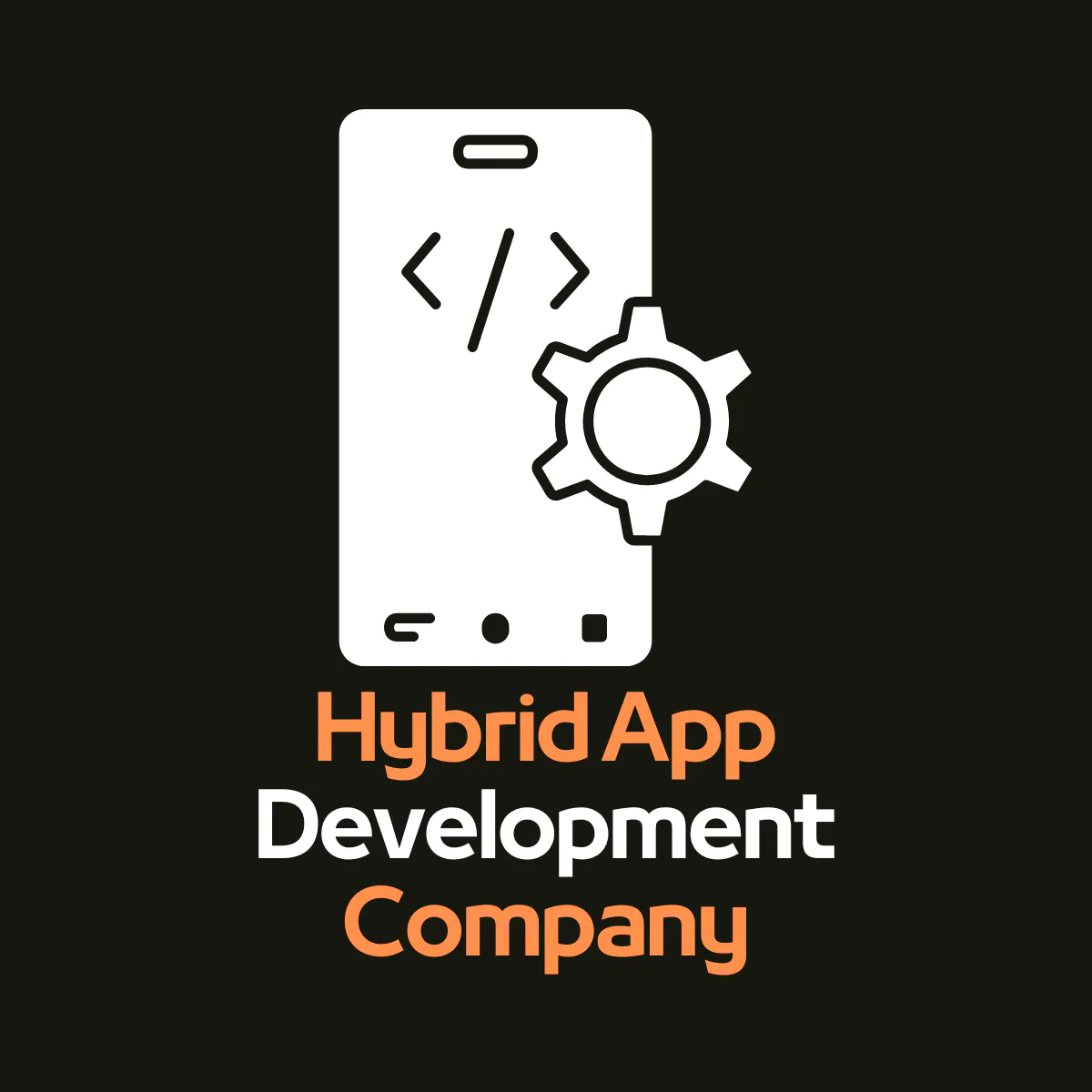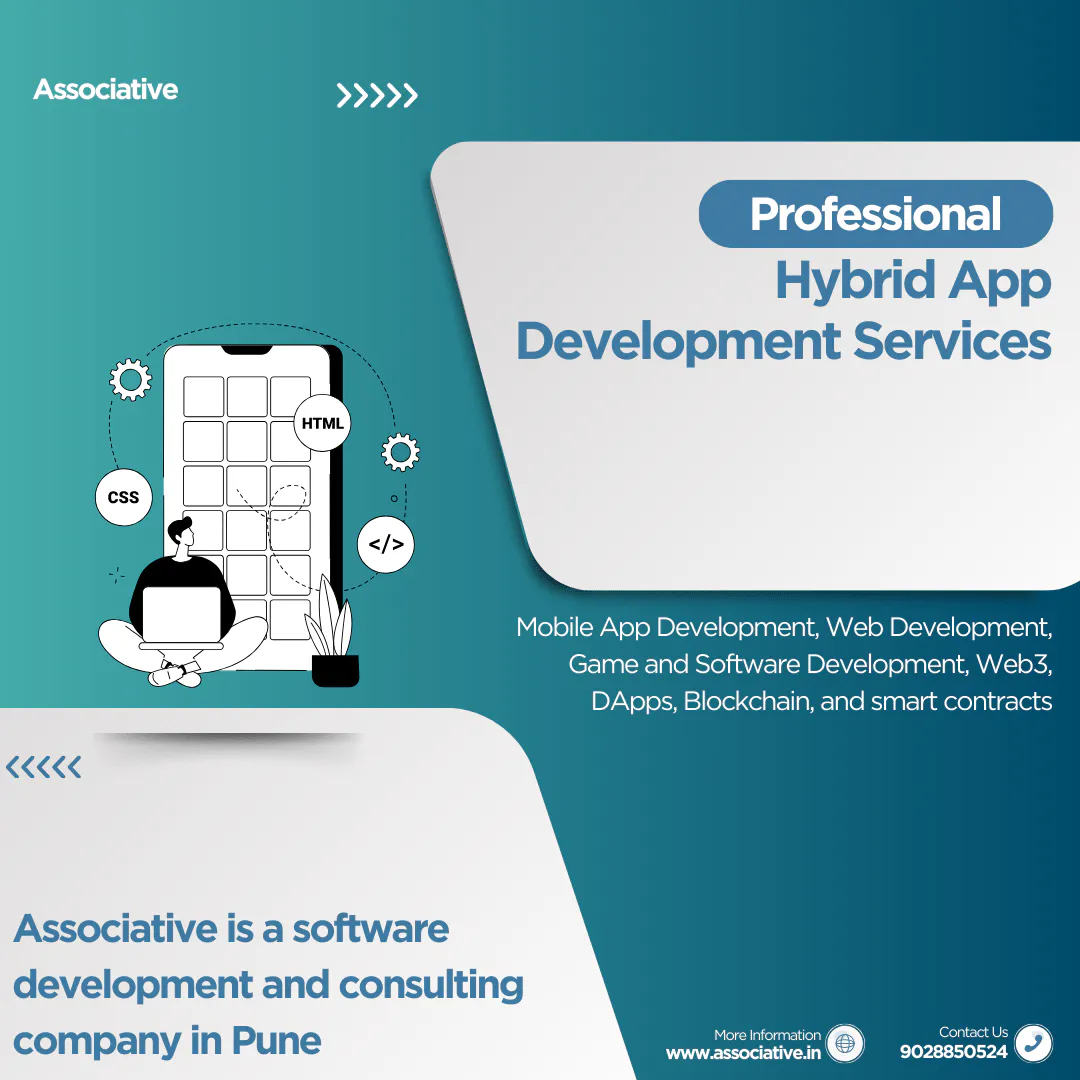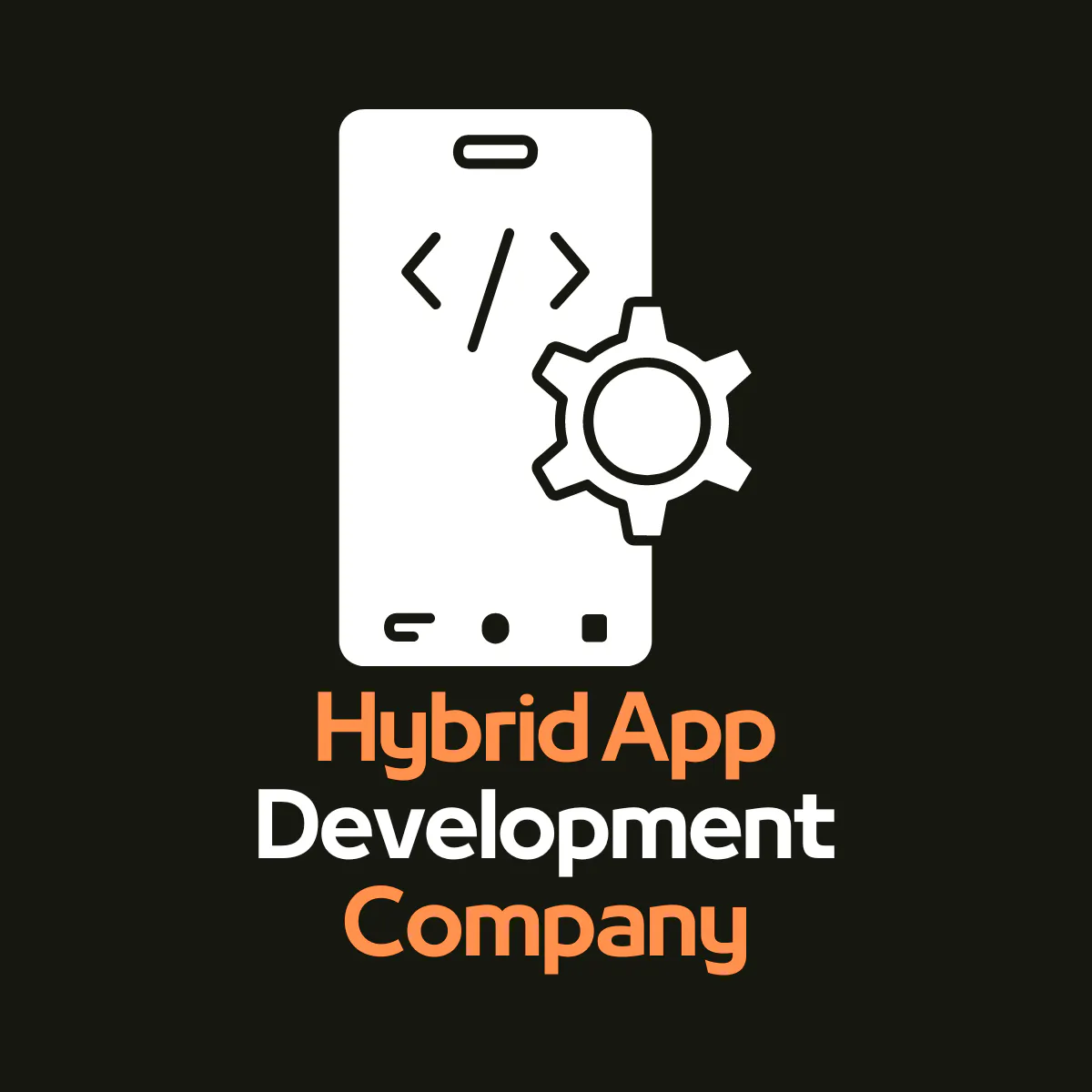Build Your Own Future-Ready Hybrid Mobile App: A Comprehensive Guide

Hybrid mobile apps have become a popular choice for businesses and developers due to their versatility, cost-effectiveness, and ability to reach a wider audience. In this guide, we'll break down the key steps involved in creating a hybrid mobile app that not only functions flawlessly today but also remains relevant as technology evolves.
What is a Hybrid Mobile App?
Hybrid mobile apps combine the best of both worlds: web development and native app development. They use web technologies like HTML, CSS, and JavaScript to create the app's interface and logic, while native containers (like Cordova or Capacitor) allow them to access device features like the camera, GPS, and contacts.
Why Choose Hybrid for Your App?
- Single Codebase: Write code once and deploy it across multiple platforms (iOS, Android, etc.).
- Faster Development: Streamlined development process compared to building separate native apps.
- Access to Device Features: Leverage native device capabilities through plugins and APIs.
- Cost-Effective: Reduced development and maintenance costs.
- Easier Updates: Update your app across all platforms simultaneously.
Steps to Create Your Future-Proof Hybrid Mobile App
- Define Your App's Purpose and Audience: Clearly outline the problem your app solves and who it's designed for. This helps you make informed decisions throughout development.
- Choose the Right Framework: Popular hybrid app frameworks include:
- React Native: Backed by Facebook, offering a vast ecosystem and component library.
- Ionic: Angular-based framework with a focus on UI/UX components and rapid prototyping.
- Flutter: Google's framework that uses Dart for fast performance and expressive UI.
- Design a User-Friendly Interface: Focus on intuitive navigation, clear visual hierarchy, and responsive design that adapts to different screen sizes.
- Develop Core Functionality: Build the features that deliver your app's value proposition. Integrate with APIs, databases, or cloud services as needed.
- Thorough Testing: Test your app on different devices and platforms to ensure optimal performance and catch any bugs.
- Optimize for Performance: Pay attention to load times, smooth animations, and efficient memory usage.
- Future-Proofing Strategies:
- Modular Architecture: Design your app with loosely coupled modules that can be updated independently.
- Embrace New Technologies: Stay informed about emerging technologies and adapt your app as needed.
- Regular Updates: Keep your app up-to-date with the latest OS versions and security patches.
How Associative Can Help
At Associative, we specialize in hybrid mobile app development that aligns with your business goals. Our team of experts can guide you through every stage, from concept to deployment and beyond. Whether you need assistance with:
- Website Development
- Web Application Development
- E-Commerce development
- Search Engine Optimization (SEO)
- Digital Marketing
- Android and iOS Mobile App Development
- Cryptocurrency Wallet Development
- Blockchain development
- Web3 Development
- Software development
- Game Development
- WordPress Design
- DevOps Development
- Django Development
- Electron Development
- Flask Development
… we have the skills and experience to deliver a high-quality app that meets your specific needs.
Conclusion
Building a future-proof hybrid mobile app requires careful planning, the right tools, and a commitment to staying ahead of the curve. By following the steps outlined in this guide and partnering with a trusted development company like Associative, you can create an app that thrives in today's competitive market and adapts to tomorrow's challenges.




To learn more, consider reading other articles, blogs, and stories in this area.


















